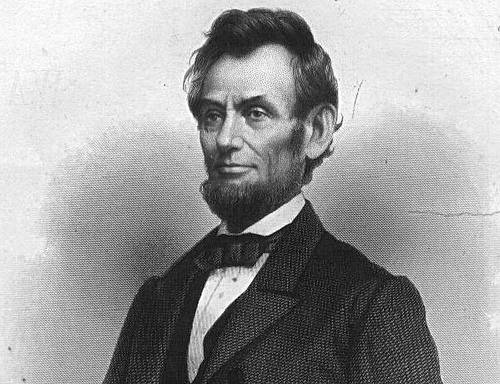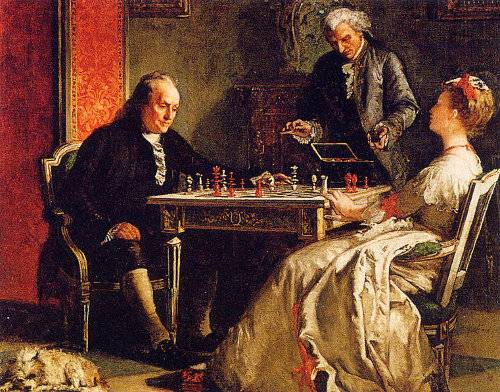
This pouch contains two counters. Each is either black or white. Without opening the pouch, prove that one is black and one white.
The probability that the pouch contains two black counters is 1/4; a black and white counter 1/2; and two white counters 1/4.
The chance of drawing one black counter in each case is 1, 1/2, or 0.
So if we combine these values we’ll get the probability of drawing one black counter from the pouch:
(1/4 × 1) + (1/2 × 1/2) + (1/4 × 0) = 1/2
And if the probability of drawing a black counter is 1/2, then the pouch must contain one black and one white counter. Q.E.D.
(J.A.H. Hunter, after Lewis Carroll)




